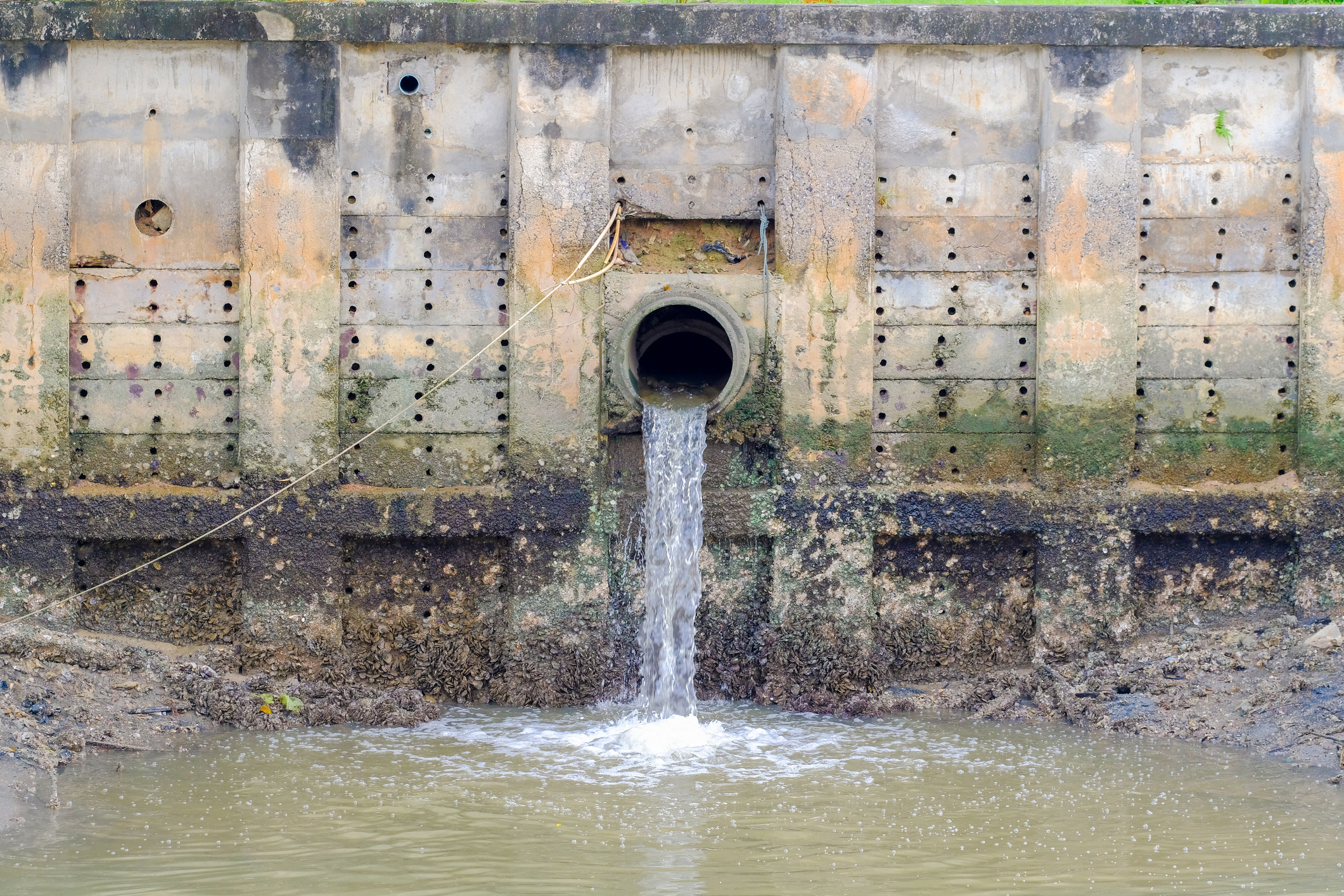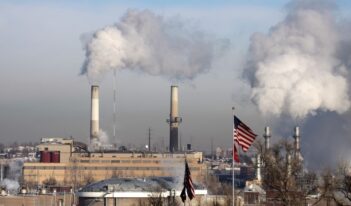
The federal government may contribute fees to Philadelphia to limit stormwater runoff to sewers.
On January 4, 2011, Congress amended the Clean Water Act (CWA) in an attempt to improve water quality in American cities. The new law clarifies that federally owned property, such as post offices and government buildings, are not exempt from reasonable fees that localities charge all landowners as part of their stormwater pollution control programs. These fees help fund CWA-mandated stormwater improvements. The law is a response to the claim, made by Lynn Gibson, the General Accountability Office’s Acting General Counsel, in September 2010, that such fees are a local tax on the federal government, violating its sovereign immunity.
The amendment to the CWA may help Philadelphia implement the plan it proposed to the U.S. Environmental Protection Agency (EPA) in 2009 for complying with CWA stormwater rules. Because federal government property will not be exempt from fees associated with the city’s plan, Philadelphia should be better able to afford the new infrastructure called for under the plan.
Like hundreds of other cities across the country, Philadelphia has combined sewer systems, that is, drainage pipes that combine both stormwater runoff and sewage. As more areas are paved, less water can soak into the ground, and more stormwater flows into these combined pipes, leading to back up and overflow. Philadelphia’s combined sewer system has 164 “overflow locations” where, after heavy rain, stormwater runoff contaminated with untreated sewage flows directly into local waterways.
The traditional method of preventing these combined sewer overflows, regulated under the CWA’s stormwater rules, is for cities to build large storage tunnels to hold excess stormwater runoff during a rainstorm. Philadelphia estimates such tunnels would cost the city $10 billion.
Instead of building tunnels, the city has proposed to build an innovative green infrastructure for reducing runoff into the sewers. This infrastructure would include green roofs, tree plantings, rain gardens, rain barrels, and even a new type of pavement, called pervious pavement, that allows water to soak through.
Green infrastructure would cost the city only $1.6 billion over the next 20 years, and the city would pay for it by imposing stormwater fees on property owners. The fee would depend on the percentage of an owner’s property that does not absorb rainwater.
The city projects that green infrastructure will reduce flow in Philadelphia by 80%, bringing the city very close to full compliance with CWA requirements.
Still, questions remain about Philadelphia’s plan: Is green infrastructure durable? What will be its maintenance costs? Will city departments collaborate to “green” the city further? For example, would the Philadelphia Department of Streets begin to pave city streets with pervious pavement too?
EPA’s approval of Philadelphia’s proposed plan is still pending.



